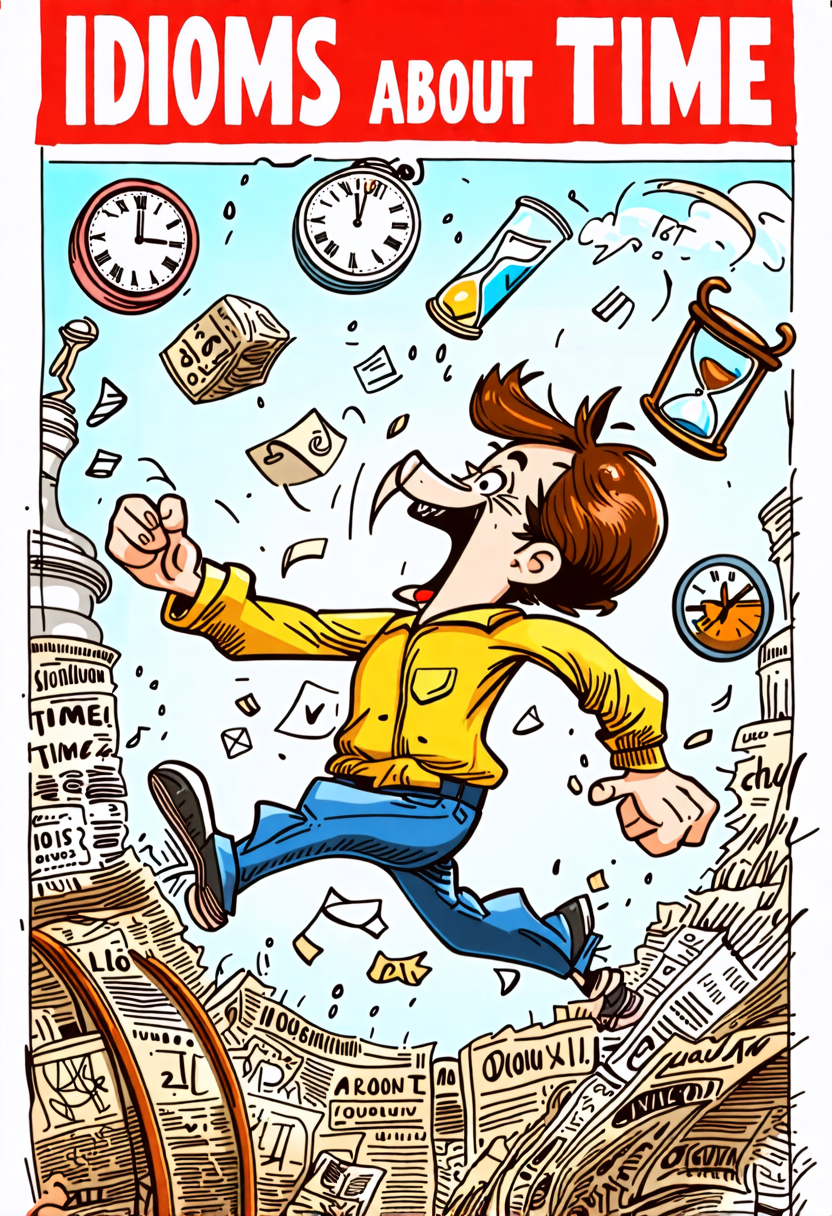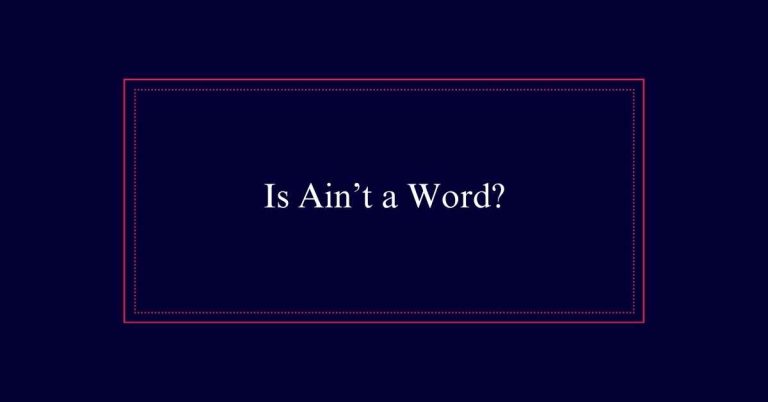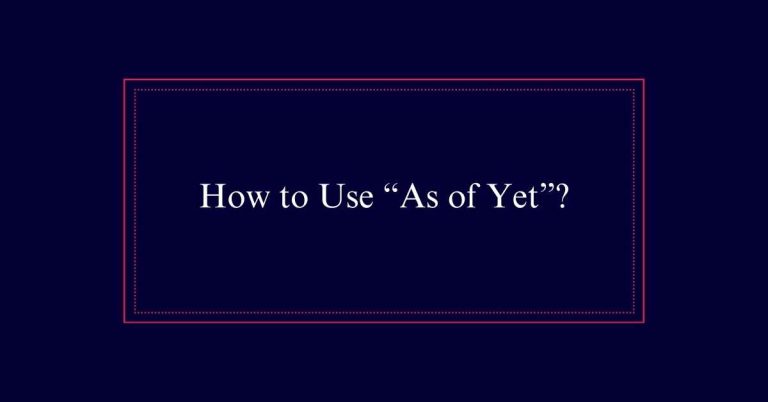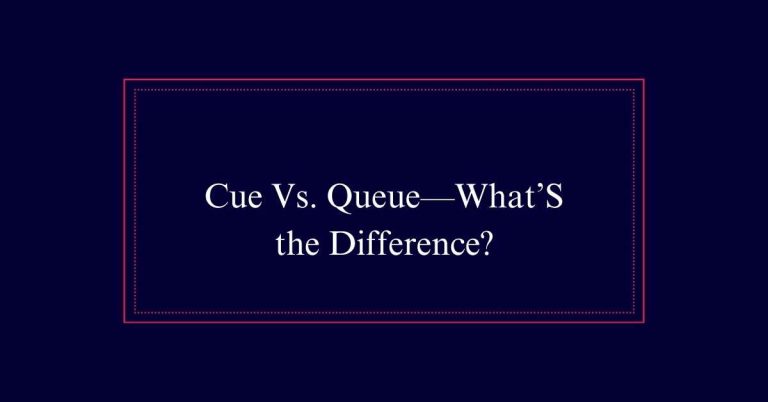Idioms About Time
Idioms about time illustrate how individuals comprehend and value moments in life. ‘Beat the clock’ means finishing a task before time runs out. ‘Turn back time’ expresses a desire to revisit the past. ‘Once in a blue moon’ describes something rare. ‘Kill time’ refers to engaging in idle activities. ‘A stitch in time’ highlights the importance of solving problems early.
Beat the Clock
‘Beat the clock’ means successfully completing a task before the allotted time runs out. This idiom captures the essence of working efficiently and managing time effectively. It is often used in competitive environments where deadlines are critical.
For instance, in sports, players aim to score before the game ends. In the workplace, employees might rush to finish projects before a deadline. The phrase highlights the importance of time management and the ability to perform under pressure.
Successfully beating the clock can lead to a sense of accomplishment and can be important in time-sensitive situations.
Turn Back Time
While beating the clock focuses on timely actions, turning back the hands of time reflects a desire to revisit the past. This idiom symbolizes longing for bygone days and the wish to alter past events. It often expresses regret or nostalgia. People use this phrase to convey their desire to change outcomes or relive happy moments.
The idea of turning back time is deeply rooted in human emotion and memory.
Regret: Wishing to correct past mistakes.
Nostalgia: Longing for the simplicity or joy of earlier times.
Reflection: Contemplating past experiences and their impact on the present.
Once in a Blue Moon
‘Once in a blue moon’ describes events that happen very rarely. This idiom originates from the rare occurrence of a second full moon within a single calendar month, a phenomenon known as a ‘blue moon.’
It is used to highlight actions or events that are infrequent. For example, seeing a comet or an old friend you haven’t met in years can be described as happening once in a blue moon.
In professional contexts, it can emphasize the rarity of certain business opportunities or market conditions.
Kill Time
Engaging in idle activities to make time pass, the idiom ‘kill time’ refers to actions taken to occupy oneself during periods of waiting or inactivity. This phrase is commonly used to describe situations where individuals need to fill gaps in their schedules or avoid boredom. Activities undertaken to kill time are usually not productive but serve to keep one entertained or preoccupied.
This phrase highlights the human tendency to seek engagement in the face of inactivity, ensuring moments of waiting are more bearable.
Examples of ways to kill time include:
- Playing games: Engaging in video games or puzzles.
- Browsing online: Spending time on social media or reading articles.
- Chatting: Having casual conversations or catching up with friends.
A Stitch in Time
A stitch in time saves nine emphasizes the importance of addressing problems early to prevent them from becoming bigger issues. This idiom suggests that taking immediate action can save time and effort in the long run.
For example, fixing a small leak in a roof promptly can prevent more extensive damage and costly repairs later. The phrase originates from the idea that a single stitch, made promptly, can prevent the need for nine additional stitches. It serves as a reminder to be proactive and attentive to small issues before they escalate.
Time Is on My Side
Having the luxury of not worrying about time constraints, ‘Time is on my side’ signifies a relaxed approach to time management. This idiom reflects situations where time is not a pressing concern. It suggests that one has ample opportunity to make decisions, implying a favorable time-related advantage.
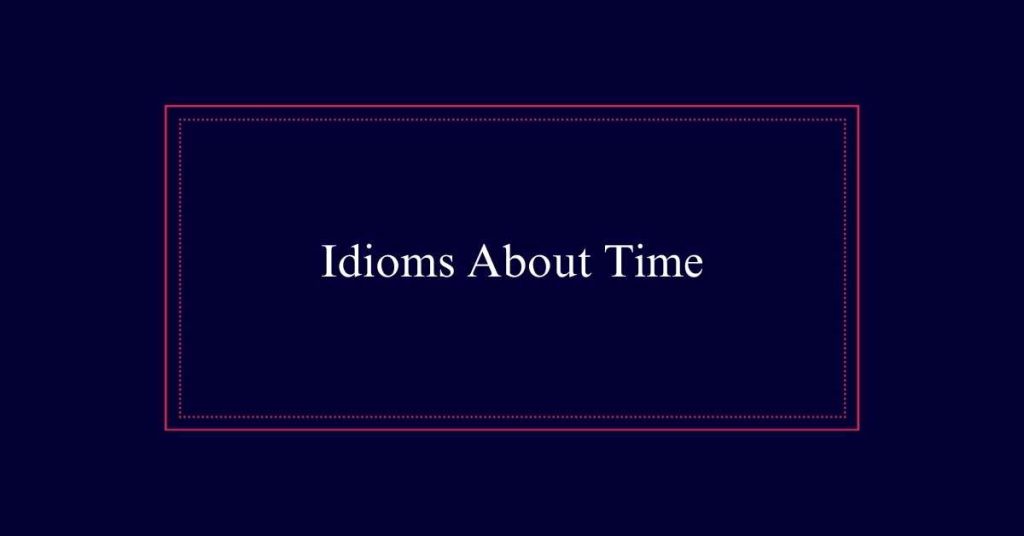
The phrase conveys a sense of ease and confidence, knowing that there is no rush to meet deadlines.
Key points to take into account:
- Ample Time: There is plenty of time to make decisions without stress.
- Favorable Conditions: The situation allows for a relaxed and thoughtful approach.
- Confidence: There is assurance in having enough time to accomplish tasks.
Better Late Than Never
Completing a task late is still better than not doing it at all. The idiom ‘Better Late Than Never’ emphasizes the value of eventual accomplishment. It suggests that taking action, even if delayed, is preferable to inaction. This idiom encourages individuals to complete tasks rather than abandon them due to tardiness.
It acknowledges that while timely completion is ideal, fulfilling commitments, even late, holds significant worth. This perspective is often applied in both personal and professional contexts. It highlights the importance of perseverance and the positive impact of completing responsibilities.
In the Nick of Time
While completing tasks late is better than never finishing them, achieving them just before the deadline can be equally significant. The idiom ‘in the nick of time’ encapsulates this idea. It refers to completing something with minimal time left, often under pressure. This phrase highlights the urgency and timeliness that can lead to successful outcomes, despite tight constraints.
This idiom underscores the importance of precise timing and quick decision-making, often leading to favorable results even when time is running out.
In the business world, acting ‘in the nick of time’ can mean:
- Saving a deal just before it falls through.
- Submitting a project moments before the deadline.
- Avoiding a crisis by taking last-minute action.
Crack of Dawn
The idiom ‘crack of dawn’ refers to the earliest hours of the morning when the first light appears. It signifies the beginning of the day and implies waking up at the break of day. This phrase often describes those who rise early to start their activities. Below is a table summarizing key points about this idiom:
| Aspect | Description | Example |
|---|---|---|
| Definition | Earliest morning hours | “He wakes up at the crack of dawn.” |
| Significance | Beginning of the day | “Farmers start work at the crack of dawn.” |
| Implication | Early rising | “She likes to jog at the crack of dawn.” |
| Context | Morning routines | “Meetings scheduled at the crack of dawn.” |
| Usage | Everyday speech | “Travelers often leave at the crack of dawn.” |
Only Time Will Tell
‘Only time will tell’ signifies the uncertainty of future outcomes and suggests that patience is necessary to reveal the truth.
This idiom is commonly used when outcomes are unpredictable, and waiting is the only way to see what will happen.
It reflects the idea that some situations can only be understood or resolved with the passage of time.
Key points to remember:
- Uncertainty: The future is not always clear, and some answers only come with time.
- Patience: Sometimes, waiting is the best or only course of action to understand the full picture.
- Revelation: The truth or outcome will become evident eventually, but not immediately.
Frequently Asked Questions
What Does “Time Flies” Mean?
“Time flies” means time seems to pass very quickly. It often refers to moments when one is so engaged in activities or enjoyment that the passage of time goes unnoticed, highlighting the fleeting nature of time.
How Is “Time Heals All Wounds” Used in Conversation?
“Time heals all wounds” is used to suggest that emotional pain and grief diminish with time. It implies that patience and the passage of time can help people recover from hurtful experiences or difficult situations.
What Is the Meaning of “Third Time’s a Charm”?
“Third time’s a charm” means success is likely after two previous attempts. It implies that perseverance will lead to a positive outcome on the third try. This phrase encourages persistence and optimism in achieving goals.
How Does “Pressed for Time” Describe Urgency?
“Pressed for time” describes urgency by indicating a situation where time is limited. It suggests that there is a need to act quickly and efficiently to meet deadlines or complete tasks within a constrained timeframe.
What Does “Time Waits for No One” Imply?
“Time waits for no one” implies that time moves forward regardless of individual actions or circumstances. It emphasizes the importance of acting promptly and making the most of opportunities, as time will not pause for anyone.
